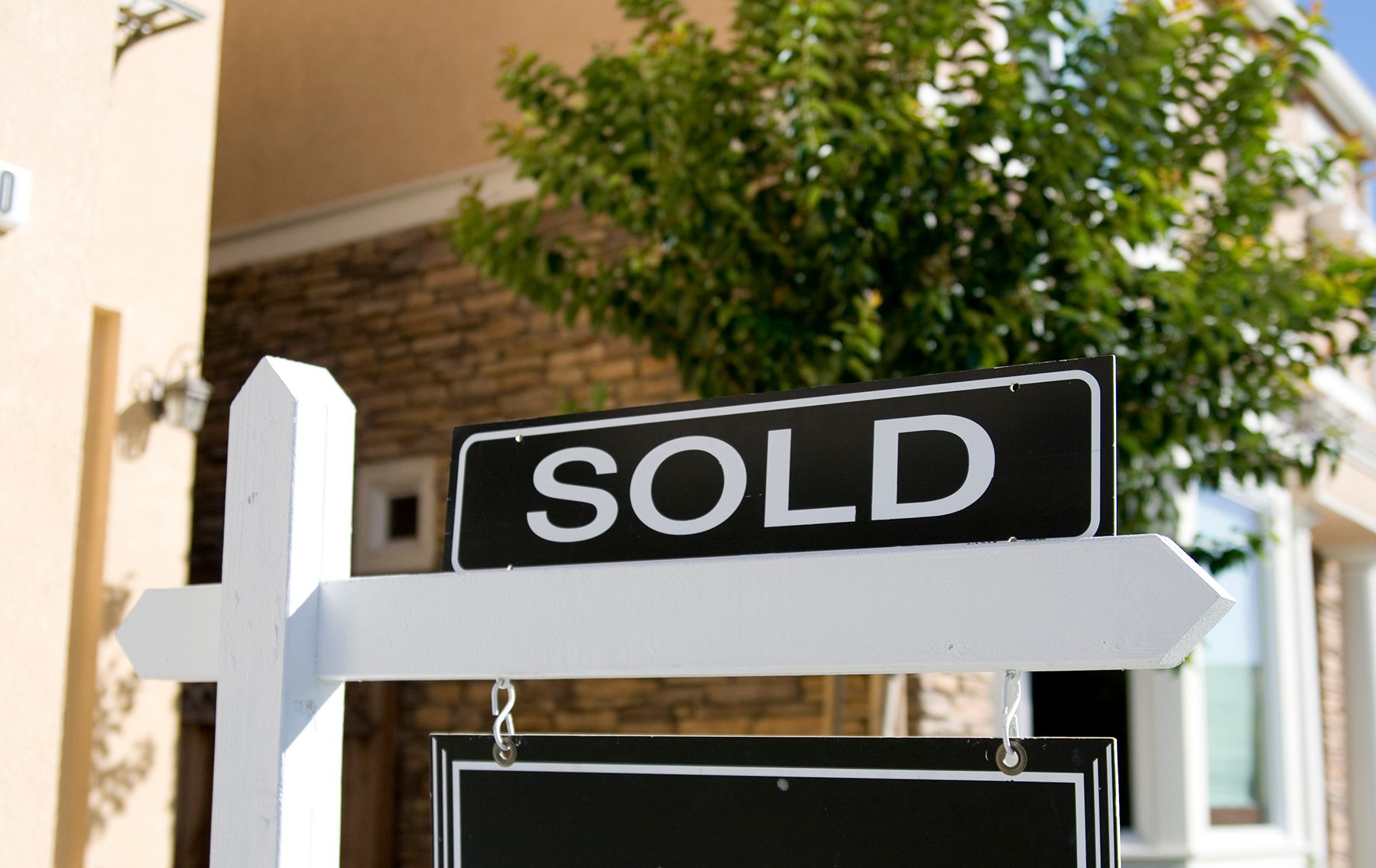Choose the Right Mortgage
As you begin you search for homes for sale in Norfolk and The Hampton Roads, one of the most critical decisions you will make is what type of loan to use. There are many different loan options available, and you may qualify for quite a few. The more you can arm yourself with information, the more confident you can be in your decision.
We are here to help you buy a home in Norfolk, so contact us any time to get started. To learn more about conventional home loans, check out this post.
What is a conventional home loan?
Conventional loans are mortgages that are not backed or insured by the federal government. Instead, they are offered by private lenders, including banks, credit unions, and mortgage companies. In contrast to government-backed loans, such as FHA or VA loans, conventional loans are not insured or guaranteed by any government agency.
There are two types of conventional home loans:
- Conforming
- Non-conforming (also called Jumbo Loans)
Conforming loans adhere to the guidelines set by government-sponsored enterprises (GSEs) like Fannie Mae and Freddie Mac. These guidelines include loan limits, credit score requirements, and debt-to-income ratios. Borrowers meeting these criteria can secure conforming conventional loans with competitive interest rates.
As you probably guessed, non-conforming loans exceed the loan limits set by GSEs. Commonly known as jumbo loans, these mortgages cater to individuals purchasing high-value properties. Jumbo loans typically have stricter qualification criteria and higher interest rates due to the increased risk associated with the larger loan amount.
Request a Call
How can I qualify for a conventional home loan?
Lenders will determine your eligibility for a conventional home loan by looking at multiple factors.
A strong credit score is a key factor in qualifying for a conventional loan. While the exact score requirements may vary among lenders, a credit score of 620 or higher is often considered the minimum. However, borrowers with higher credit scores, such as 740 or above, tend to qualify for better interest rates.
Down payment standards for conventional loans can also vary, with 20% being the standard traditionally. However, borrowers may qualify for conventional loans with down payments as low as 3% under certain circumstances for the most eligible applicants. Keep in mind that Private Mortgage Insurance (PMI) is typically required for down payments below 20% to mitigate the lender's risk, so the lower down payment cost will be offset by this temporary increase in the monthly payment.
Lenders also assess a borrower's ability to manage monthly payments by evaluating the debt-to-income ratio. Conventional loans typically require a DTI ratio of 43% or lower, meaning that the borrower's total monthly debts, including the mortgage payment, should not exceed 43% of their gross monthly income. To calculate your current DTI, add up all of your monthly debt payments and compare that number to your gross monthly income. For example, if your gross monthly income is $5,000 and your current debt payments each month total $1,000, you have a 20% DTI.
Lenders will also look at your income, employment history, and financial history. All of this documentation together paints a picture of your ability to take on the mortgage responsibly.

Who is the right fit for a conventional home loan?
A conventional loan is just one of the options available to you. It might be the right fit for you if:
- You have excellent credit. Those with credit scores in the higher range can benefit from competitive interest rates and favorable loan terms.
- You can afford a 20% or higher down payment. A higher down payment often translates to lower monthly payments and reduced long-term interest costs.
- You have had stable, consistent income for a significant period of time (at least two years). Lenders typically look for borrowers who demonstrate the financial capacity to meet their mortgage obligations.
- You want flexibility for the type of home you can buy. Borrowers can use conventional financing for various property types, including primary residences, second homes, and investment properties, which is in contrast to some of the limitations of an FHA loan or a USDA loan.
Where can I get a conventional home loan to buy a house in Norfolk?
Conventional loans are some of the easiest to find. This is the type of mortgage you can expect nearly every lender to offer, so start by reaching out to multiple lenders to pursue pre-approval and compare their rates and terms. If you'd like a recommendation for some of our preferred lenders, don't hesitate to reach out.
Ready to learn more about buying home in Norfolk and the Hampton Roads? Contact us any time.

Does a VA Loan require PMI?
Other low or no down payment loan options generally require private mortgage insurance (PMI). This is an insurance premium paid until the owner has either paid 20% of the home's value or the home has increased in value enough to have 20% or more in equity. It is a means of protecting the lender when the loan is for the majority of the home's value, in the case of a borrower defaulting on the loan.
Unlike many conventional loans, VA loans typically do not require private mortgage insurance (PMI). This can result in lower monthly mortgage payments, as borrowers are not burdened with the additional cost of PMI.
Ready to learn more about buying a home in Norfolk or the Hampton Roads? We are here to help, so contact us any time.






